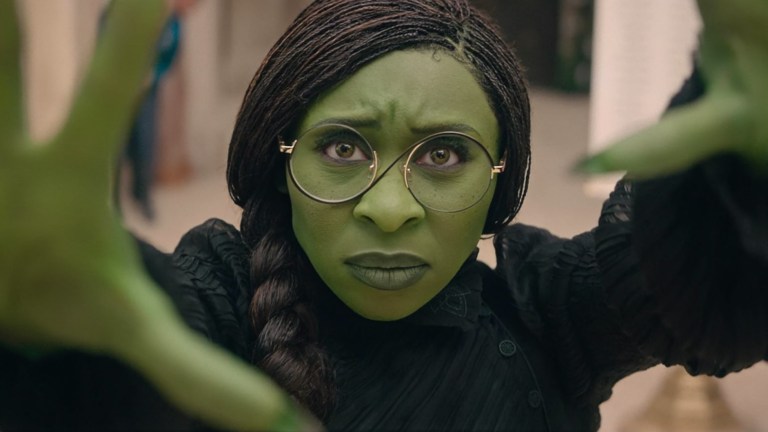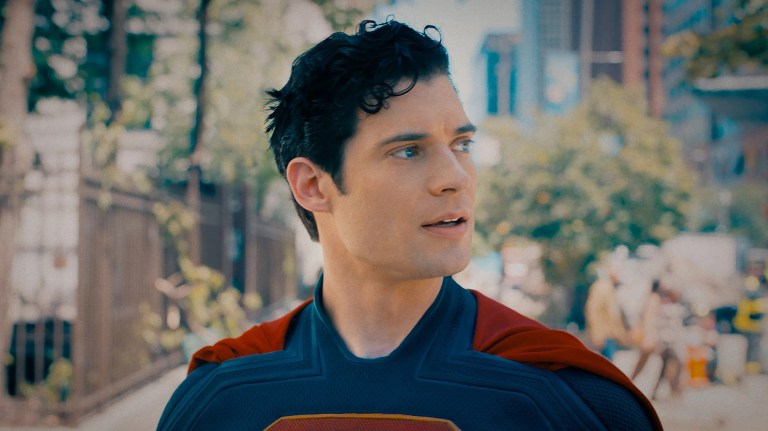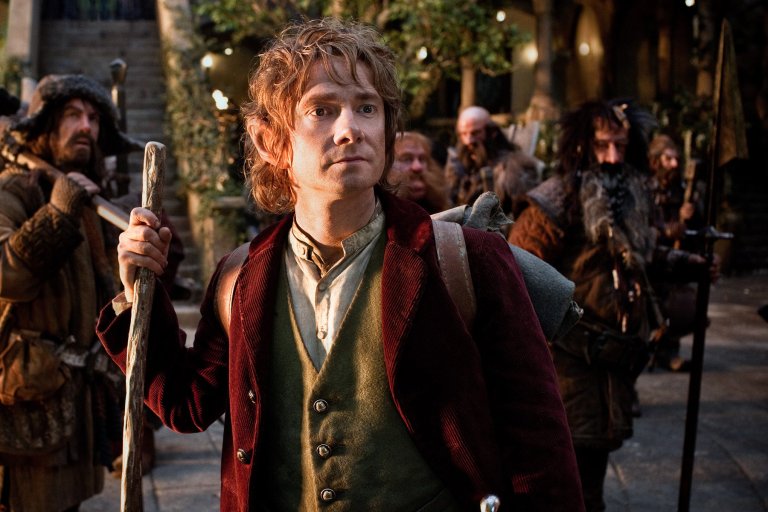
5 Summer Books For Smart People
Calling a book a “beach read” can be a sort of subtle insult, like telling someone that their shirt seems a little tight or they look beautiful when they wear makeup.
Calling a book a “beach read” can be a sort of subtle insult, like telling someone that their shirt seems a little tight or they look beautiful when they wear makeup. It’s not necessarily immediately obvious, but the implications of a book being a “summer read” is that it’s vapid, breezy, and generally void of any important content — content that you might have to actually think about (instead of getting to enjoy a beer and the sound of waves clapping the beach).
Fear not, though. You can have your book and read it, too.
Imagine a vast Venn diagram that has serious books on one side — your Tolstoys and Rousseaus — and then, let’s say, the “popular” books on the other — your Stephanie Meyerses and E.L. Jameses. Well, in that tiny overlapping space, there are a few gems, books both tautly entertaining and intellectually stimulating. Like all great artistic works of history, be it The Godfather or Munch’s The Scream, these rare oeuvres find a way to mix business with pleasure in a way not seen since this rise of the putt-putt golf course.
So whether you’re lucky enough to be jet-setting around exotic locales, or you’re simply spending the summer studying, working or hanging out at home, we figure you’ll have to stop drinking and binge-watching Netflix at some time or another. When that time comes, give these guys a whirl:
Beautiful Ruins</em>
By Jess Walter
Quote: “Life, he thought, is a blatant act of imagination.”
When Jess Walter sat down to write this sprawling novel that moves between Hollywood, Italy, the UK, and the Pacific Northwest, jumping wide time periods with grace, he must’ve envisioned getting to adapt the screenplay, too.
Over a decade in the making, it’s the rare book whose black-and-white words seem somehow written in Technicolor. And it’s his finest to date. With the page-turning intensity of a Dan Brown novel (sans the redundancy and silly imagery) and the lyricism of Jonathan Safran Foer at his prime, Beautiful Ruins is the type of book that will make you want to vacation on the Italian Coast even if you’re already there (it’s that type of romanticized hyper-realism).
Funny, complexly plotted, emotionally intense, eventually cathartic, and lauded by pretty much everyone, you can laugh, gasp, cry, and then discuss it all with your grandma.
Tender is the Night
By F. Scott Fitzgerald
Quote: “When I see a beautiful shell like that I can’t help feeling a regret about what’s inside it.”
Fitzgerald’s favorite of his four completed novels, Tender is the Night was panned by critics at the time, so much so that Fitzgerald wrote a feeble alternative ending to try to repair its reputation.
Oh, critics, when will you learn. It’s by far Fitzgerald’s sexiest adventure, taking the reader into the midst of the American ex-pat leisure class in the South of France, where the tantalizingly young actress Rosemary charms a much older (and much more married) Dick Diver. One of fiction’s most charismatic characters, Dick is based on both Fitzgerald and his friend Gerald Murphy, who, in both real life and the book, had a few things to hide. But Tender isn’t just a Diver affair, it’s a world created by Fitzgerald, every thought, glance and touch compounded into one of Fitzgerald’s inimitable atmospheres.
Honestly, at times it’s tough to decide what’s more stimulating: the enthralling affair and a massive reveal about the Divers’ past, or Fitzgerald’s opening description of a boardwalk hotel’s façade. That’s the way Fitzgerald works, though. Beauty in everything. Beauty in nothing.
Consider the Lobster
By David Foster Wallace
Quote: “Am I a good person? Deep down, do I even really want to be a good person, or do I only want to seem like a good person so that people (including myself) will approve of me? Is there a difference? How do I ever actually know whether I’m bullshitting myself, morally speaking?”
You’ve probably heard your pretentious philosophy friends discussing DFW1. Thankfully, unlike certain pseudo-academics who write popular essays2, David Foster Wallace is the real deal. He opens Consider the Lobster with a long story about his time at the Adult Video Awards in Las Vegas, penetrating deep3 into a world foreign to most of us, sparing no detail — interesting and seemingly banal alike — all with his trademark footnote style.
There are few writers more tragic than David Foster Wallace, who hanged himself at age 46, yet his stories, Consider the Lobster being my favorite collection, aren’t tragic so much as insightful into the human experience. Not only will you have pithy wisdom to dole out at cocktail parties, you may actually think about changing your life and how you view it.
And if you think that’s impressive, just see how he somehow makes an in-depth literary review of Doestovesky’s life4 so… engaging. I know, I’m confused too.
From Russia with Love
By Sir Ian Fleming
Quote: “In his particular line of business, peace had reigned for nearly a year. And peace was killing him.”
From Russia with Love is the best Bond movie — and the best book, too. If you have beef with either of those statements (“Oh, but Daniel Craig is so good and modern, just what we need for the Jason Bourne generation”) I’d ask you to politely have a look at this. (If you’re actually interested though, do send me an email — I have an opus waiting for you on why Sean Connery trumps the admittedly good Daniel Craig.) But that’s neither here nor there.
What is relevant to your beach reading adventures is that the fifth Bond novel is Sir Ian Fleming’s most “literary” concoction, introducing a variety of villains and their motives well before we even get to Bond. The unique structure and its accompanying wait is worth it though as the usual adventure ensues with every bit of high-flying ridiculousness you’d expect: assassination plots, sex scandals, evil Soviets, a treacherous ride on the Orient Express, and one of the silliest, cleverest Bond getaways after a villain literally has a gun to 007’s heart.
Sweet Tooth
By Ian McEwan
Quote: “I said I didn’t like tricks, I liked life as I knew it recreated on the page. He said it wasn’t possible to recreate life on the page without tricks.”
If you’ve read any McEwan before, you’ll know that “trickster” is his middle name. It’s no exception in Sweet Tooth that the end comes with not one, but two genuine surprises on par with Briony’s postscript letter reveal in Atonement.
A sort of meta-reflection on modern authors and what’s expected of them all wrapped up in an MI5 secret mission, McEwan’s most recent novel dives into the life of Cambridge-grad Serene Frome. Recruited by the British Secret Service in the 1970s, she’s told to infiltrate the world of scholars and intellectuals to ensure popular fiction has an anti-Communist bent, but love interests and enough layers to match Russian doll make it a truly worthwhile beach read.
Enjoy! ![]()
Notes
1. Nope, not the airport, Mr. Jetsetter
2. Meet Malcolm Gladwell!
3. Yeah, yeah, I know, very punny. Did you catch the one about Dick Diver’s “affair” earlier though? If you answered yes, give yourself a pat on the back. If you answered no, deeply consider your worthiness as a human.
4. “Joseph Frank’s Dosteoevsky,” pgs. 255-274











